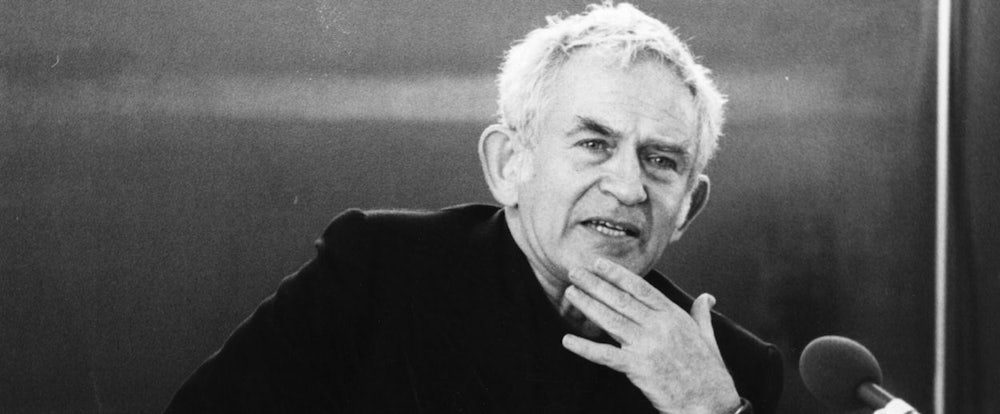 Yeah, he's a bright fellow, but Russell Brand is a blithering, blurting idiot who seems constitutionally incapable of having a conversation. His lefty-anarchist talking points are well and good as far it goes, but they are old ideas, old rhetoric, old insights. He has all the wretched traits of someone who regards them-self as smarter than his or her fellows because they have a library card, by which I mean that Brand is an autodidact who cannot help but talk over those he's in nominal conversations with, and that he cannot resist fatal doses of sarcasm against who ever is hosting the show he's been invited on. Sarcasm is a piss-poor substitute for wit, and it's a defensive posture. It is meant to keep others at bay so closer scrutiny of provocative statements is well-nigh impossible. It sends people away rather than invite them to interrogate the notions with piercing questions and counter-assertions. It's the mark of a nervous phony.
Yeah, he's a bright fellow, but Russell Brand is a blithering, blurting idiot who seems constitutionally incapable of having a conversation. His lefty-anarchist talking points are well and good as far it goes, but they are old ideas, old rhetoric, old insights. He has all the wretched traits of someone who regards them-self as smarter than his or her fellows because they have a library card, by which I mean that Brand is an autodidact who cannot help but talk over those he's in nominal conversations with, and that he cannot resist fatal doses of sarcasm against who ever is hosting the show he's been invited on. Sarcasm is a piss-poor substitute for wit, and it's a defensive posture. It is meant to keep others at bay so closer scrutiny of provocative statements is well-nigh impossible. It sends people away rather than invite them to interrogate the notions with piercing questions and counter-assertions. It's the mark of a nervous phony.
He reminds of the kind of the sort who reads Ayn Rand at 17 and is convinced that they are a genius being oppressed by collectivists and freeloaders; the sad part is that they never grow out of it. Brand, in his variation of bad manners, is similar because he discovered Marx, Chomsky and all manner of post-Soviet leftism and used the abstractions to inflate a personality that has the charm of a box of rusty zippers. It's not that I'm not sympathetic to much of what Brand is talking about. I and everyone else, though, have a choice as to who we listen to about issues and solutions for intractable problems.
For the good of the causes he says he supports, Brand is their worst enemy, a self-regarding brat with a vocabulary who cannot or will not get over himself long enough to test the merits of his notions in honest exchanges. His recitations of much smarter left-wing theorists, be they Guy DeBord, Marcuse or Foucault, the rich litany of social contradictions and self-confliction does not really register more than the accelerated data spew an eidetic savant would relentlessly hose you down with; fidgety as he is, raggedy as he looks, Brand is the poster boy of the man who forgot to refill his prescriptions. He is manic, perhaps he should be under professional care. The tragedy is that sooner or later his audience will find a new shiny object to distract themselves with and Russell Brand will be consigned to the Hollywood Squares ghetto of used up celebrities. But even that doesn't exist as an option anymore. As more people die of disease, gunshot wounds , unnatural disasters and the like, this braying donkey will sicken the audience that deigned to lend him an ear and both eyes.








